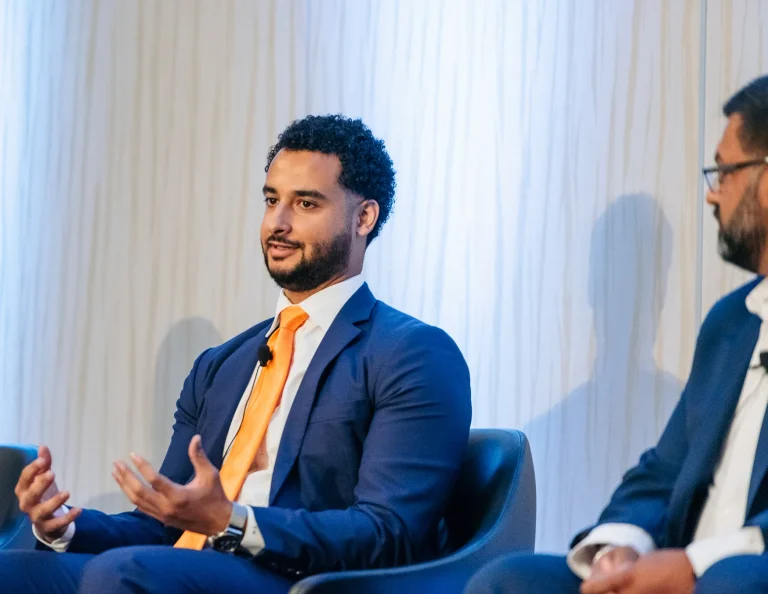While home care leaders haven’t been able to completely eliminate turnover, some have adopted creative solutions that are making a difference. Companies like Griswold Home Care and Senior Solutions Home Care have begun to use automation, gamification, and more.
According to Ava CEO Victor Hunt, one of the reasons healthcare providers continue to struggle with turnover is that they haven’t placed enough emphasis on preventing it.
“We really have to focus on the avoidable attrition, the people who go to other agencies,” he said during a recent panel discussion at Home Health Care News’ FUTURE conference last week. “Those are the people we really want to focus on, and understand what causes the relationships to break down and why we’re not catching this early and actually addressing the root causes and getting these people back on track.”
Ava, a New York-based AI compensation platform specializing in home care, has established itself in the space by working with agencies to improve turnover and retention issues. Currently, the company partners with Griswold Home Care, Senior Solutions, Right at Home Gainesville, and more.
Victor Hunt, Kunu Kaushal, Mike Srpecki
Key to Senior Solutions’ partnership with Ava was the ability to implement automation to streamline the caregiver compensation system.
“The biggest thing has been automation. It’s allowed us to move at some speed from a reward and recognition standpoint,” Senior Solutions CEO Kunu Kaushal said during the panel discussion. “At the end of the day, caregivers want rewards and recognition. They don’t necessarily need to know that someone spent five hours pulling through six spreadsheets and deciding that they’re someone who should be recognized.”
Senior Solutions is a Tennessee-based home care services provider and one of the largest private agencies in the state.
Automation has enabled Senior Solutions to launch a recognition program called “Caregiver of the Day” instead of a traditional recognition program like “Caregiver of the Month.”
Griswold has seen a significant improvement in employee turnover since it began working with Ava a year ago: Specifically, CEO Mike Slupczyk said it has seen a 20% decrease in turnover.
“I think what’s really important is keeping the people we have engaged, retaining them and keeping them working, and also trying to find new people,” he said.
Griswold, based in Blue Bell, Pennsylvania, is a home care franchise. The company provides personal care services in 30 states.
On the hiring front, Griswold recently piloted a feature that allowed it to contact former employees who weren’t on the “do not rehire” list, which helped it gauge which of Griswold’s former caregivers might be interested in returning.
“Ours is a personal touch business, and anything that can be automated, anything that can leverage AI, shouldn’t impact our relationship with our customers and caregivers, and it should,” Sulpicki said.
Kaushal believes it’s important for homecare leaders to become comfortable with turnover and its inevitability.
“We actually enjoy turnover,” he says. “We’re mining for gold. We see it as an opportunity to see who the best people are. You have to hire, you have to welcome applicants, you have to get them through the door. We don’t fear turnover as much as other organizations. We see it as finding diamonds in the rough.”
More broadly, Senior Solutions believes it’s important to target potential recruits who don’t come from a traditional caregiver background.
“We want to expose a lot of people who don’t yet know what caregiving is like to the fact that we’re not a sitting service, we’re not an old model of caregiving, and ultimately introduce them to the world of healthcare in general,” Kaushal said.
Ultimately, Hunt doesn’t think turnover necessarily means a doomsday situation for all home care providers.
“If you’re an agency with 20 caregivers and your goal is to retain those 20 caregiver slots, you don’t have a retention issue,” he says. “You know all of your caregivers by name, so you can address any issues right away; you respond to text messages. But if you want to break through that small business inflection point, like most providers do, and become a growth company that can actually scale to hundreds or thousands of caregivers, doing this manually is a wasted effort.”

